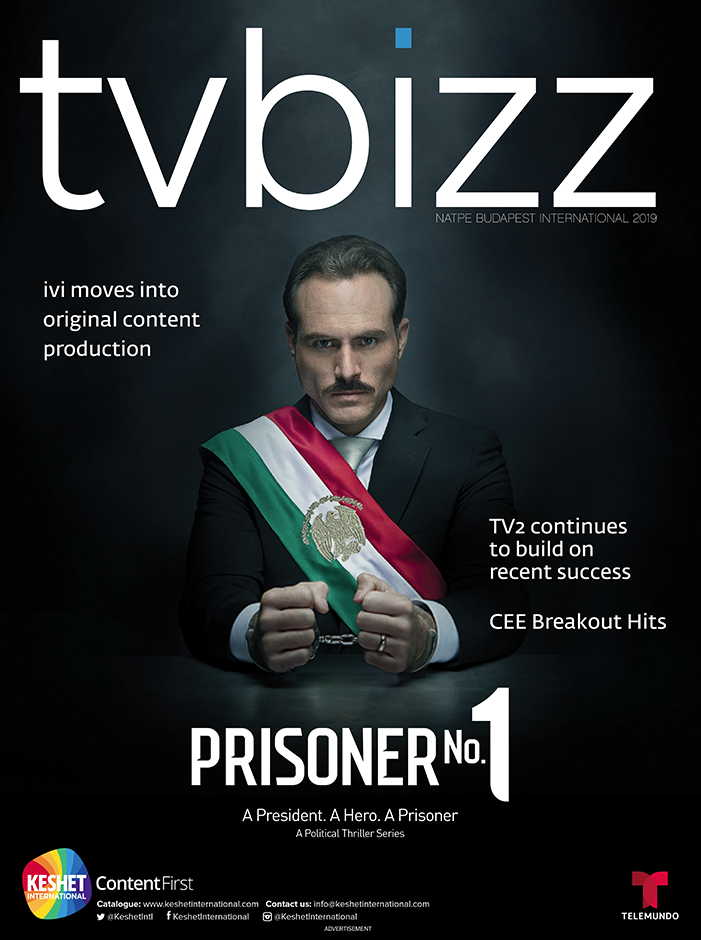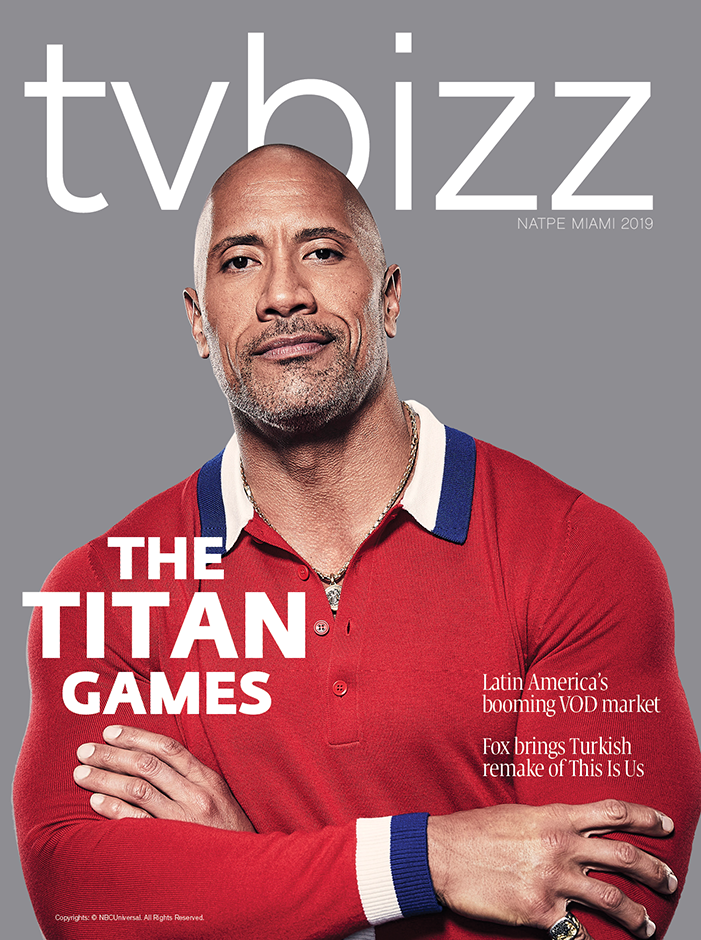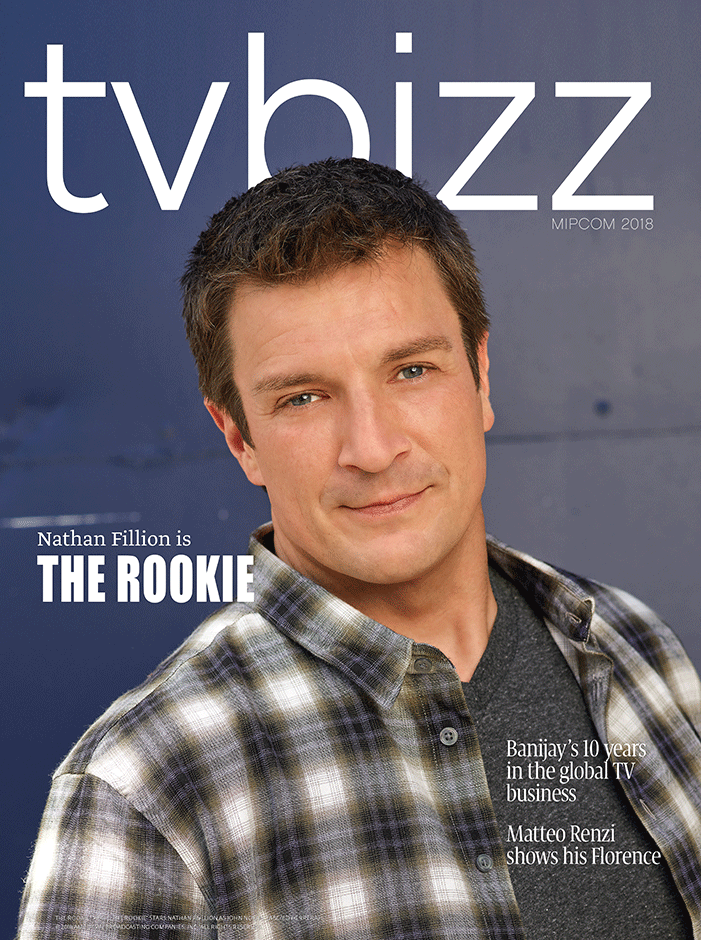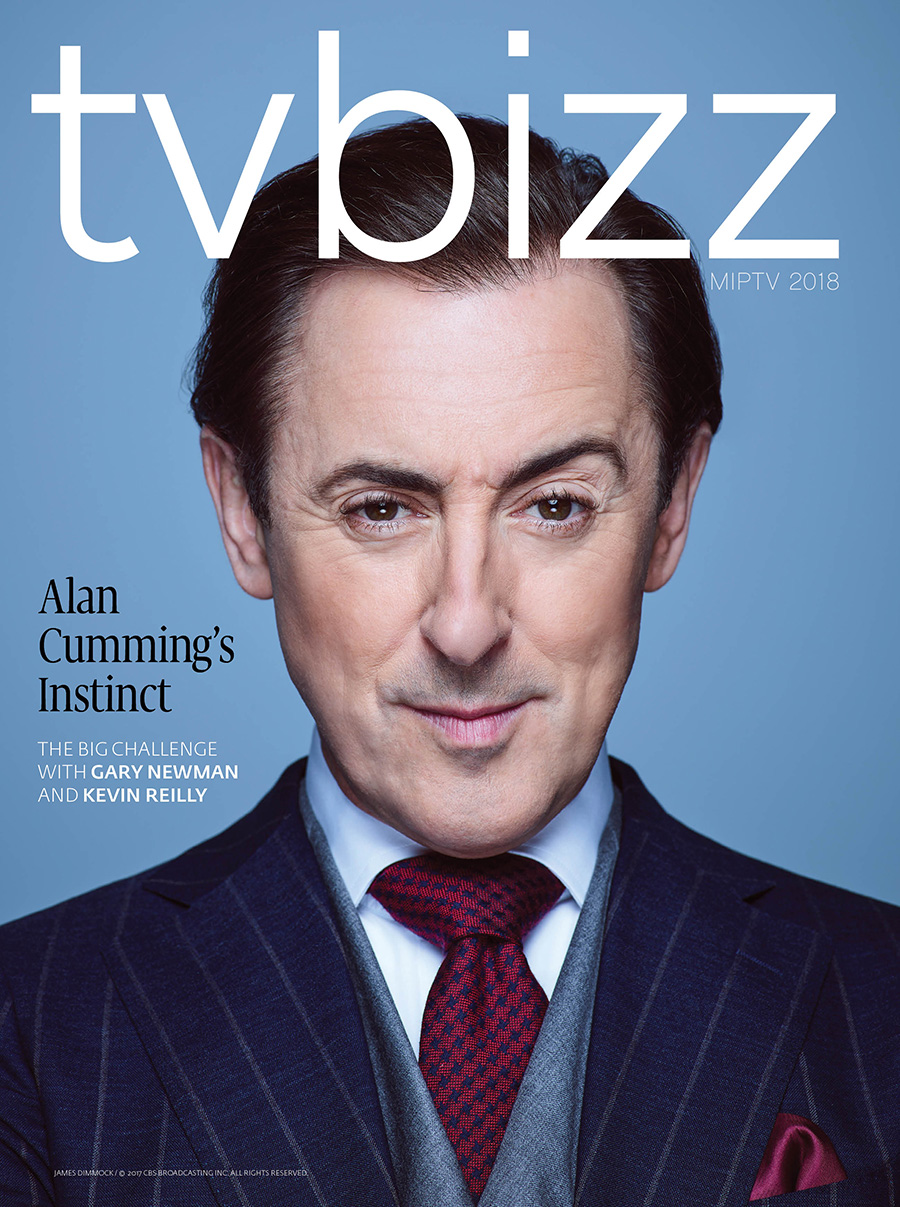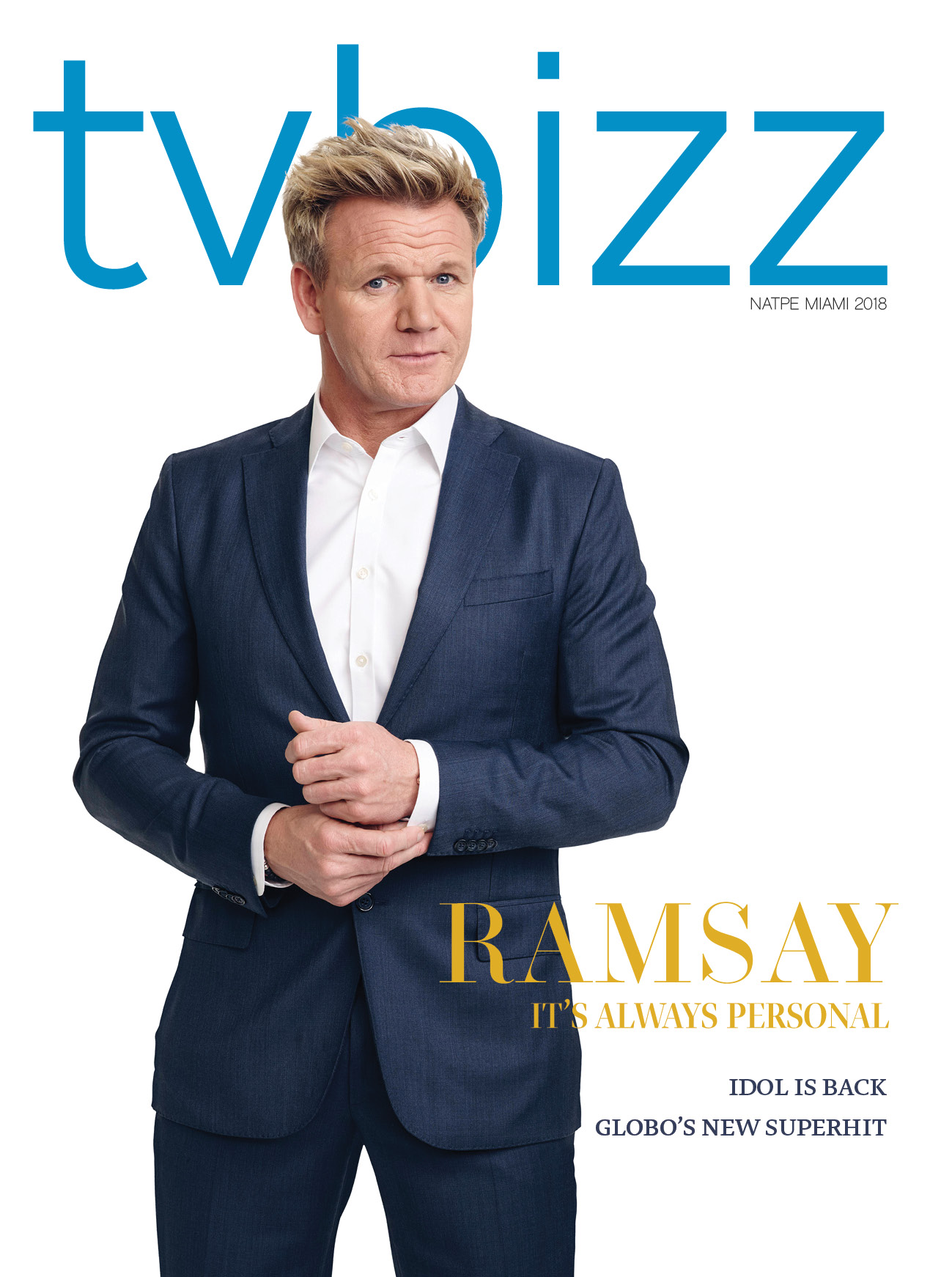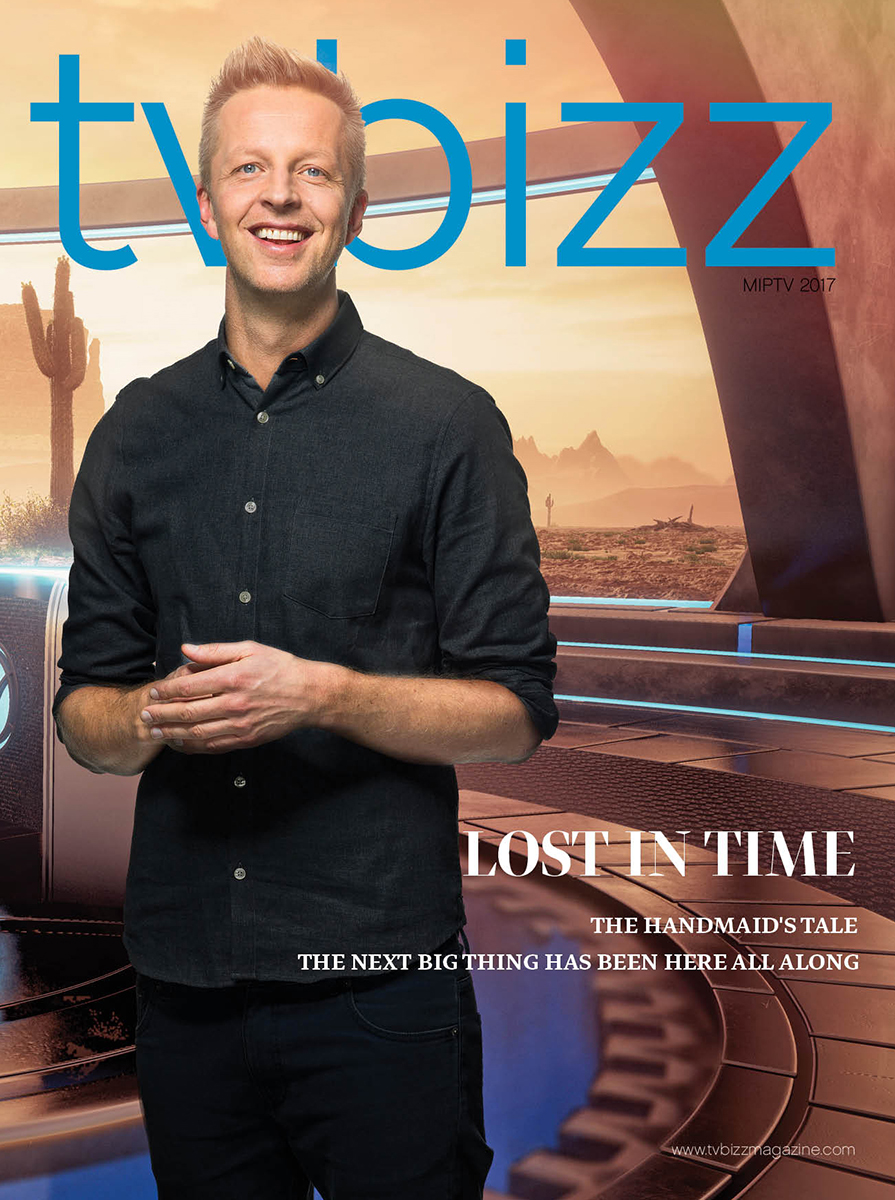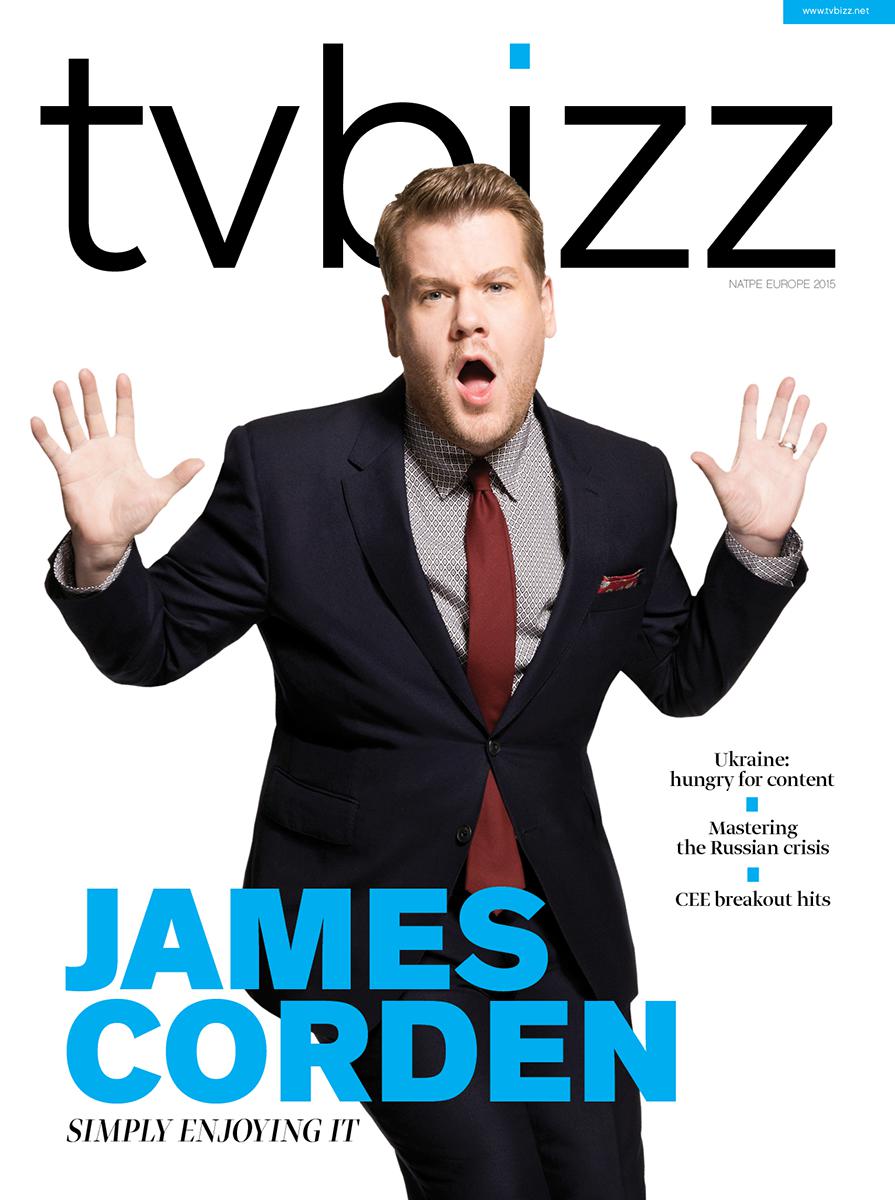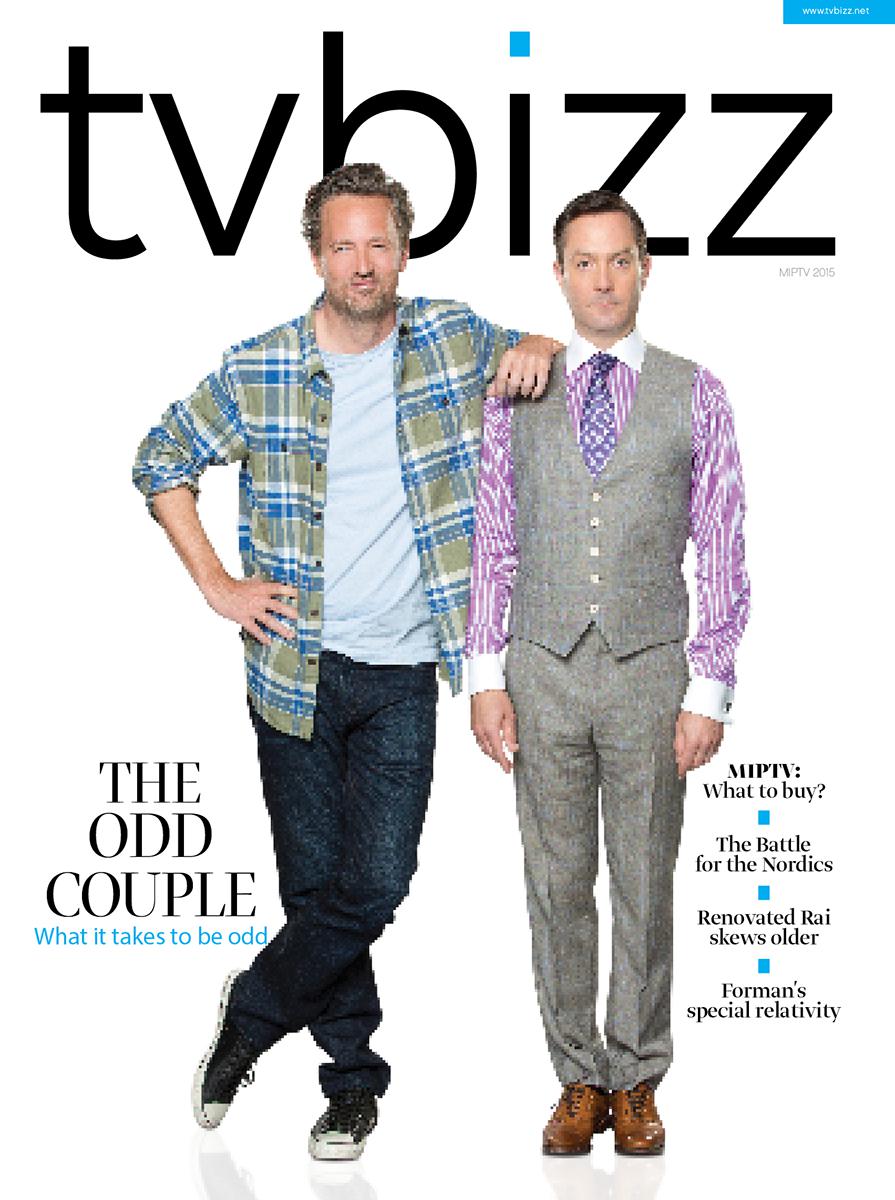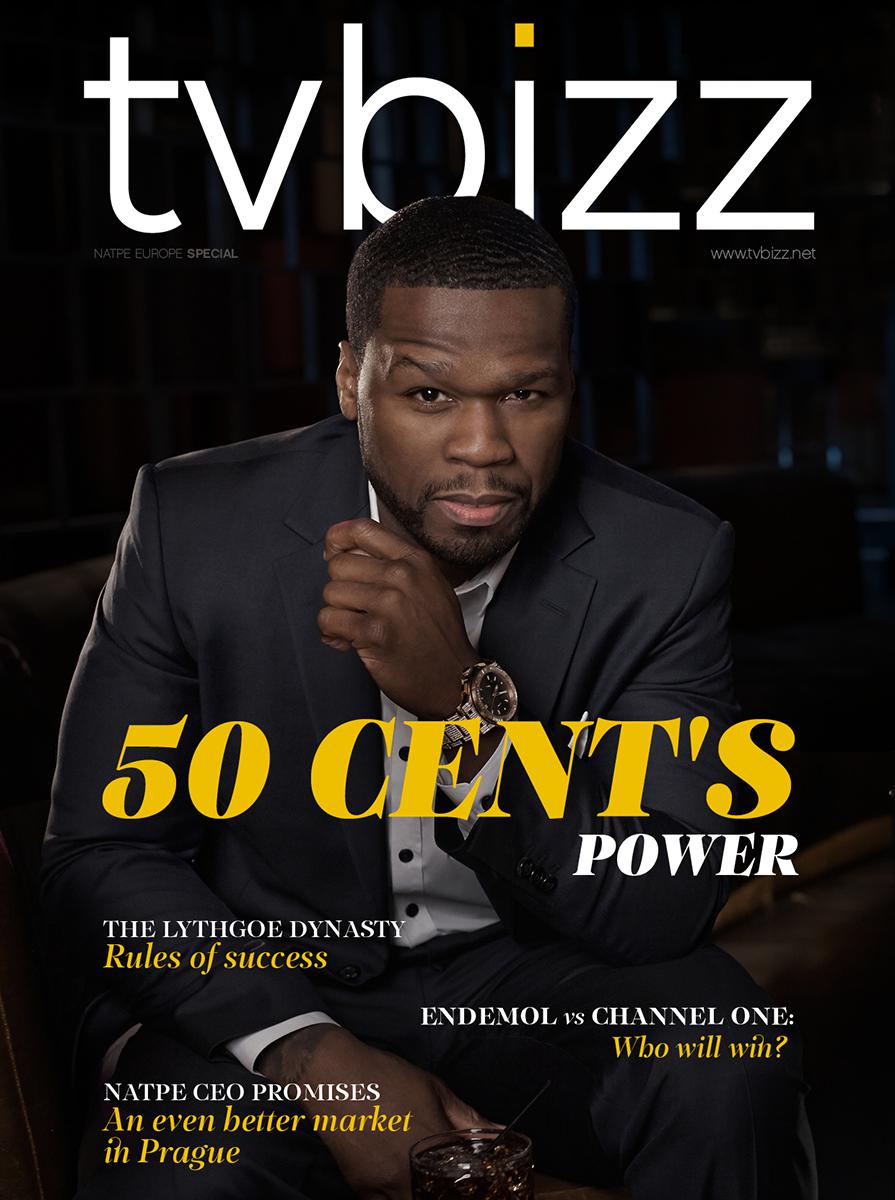
DAZN is all about putting fans first and putting decisions back into their hands. The name itself is pronounced “Da Zone” and is focused on bringing fans ‘into the zone’ so they can enjoy a variety of content at an affordable monthly price.
How the idea for DAZN was born? Was this a result of a thorough market research or part of a long-term strategy for Perform Group?
In many ways the launching of DAZN is the natural progression of Perform Group and as such was very much part of the group’s long-term strategy from the very beginning.
On the back of a range of highly successful B2B products and services, Perform’s content distribution business grew the breadth of content as well as the number of markets in which it operates, acquires, collates, manipulates and ultimately distributes live and on demand content.
To achieve this growth we have had to push the boundaries of IP delivery infrastructure and associated end user delivery. On the back of investing in our digital publishing brands such as Goal.com, Perform has built a global, highly engaged, sports fan audience on a mass scale. This has enabled us to really get under the skin of sports fans and obviously provides us with a huge competitive advantage in terms of ‘go to market’ insight and an effective marketing platform.
So for DAZN, we have taken all the learnings from our content business in terms of rights acquisition ingest and delivery, we have used our media business to provide user insight and an access to an engaged fan base, and then have added best of breed talent in the OTT space to create what we think is a very powerful consumer proposition and what we trust will be a hugely successful business for Perform Group.
Putting sport back into the hands of fans and giving them the choice to decide what to watch, when they want to watch it, is at the heart of what we are trying to do at DAZN.
What was the reasoning to launch DAZN first in Germany, Austria and Switzerland?
There were a number of factors to take into consideration before deciding on which markets to enter.
Before launching in our chosen markets – Germany, Austria, Switzerland and Japan – we looked at the connectivity, market landscape and Pay TV penetration in each region. All countries are highly connected but there are slight nuances in the overall market landscape between the two regions (DACH and Japan); however, we felt all were valid reasons as to why DAZN could thrive in each market.
In the German-speaking territories we saw the need to give fans more options and ways to watch their sport without tying them into long-term contracts. We know that sport is seasonal, so if there is a break between season’s fans can simply pause their subscription, meaning they won’t be charged for anything they are not watching. In Japan, there are more broadcast options for fans, but approximately 70% of consumers don’t have Pay TV in their home. This meant there was an opportunity to provide those who couldn’t view paid for sports rights with the chance to via connected TV’s and devices.
The time of launch in Germany, Austria and Switzerland was dependent on the rights we acquired in that region. One of the key propositions in this region is football, and by having the rights to Premier League (one of the most popular leagues in the world) meant we coincided the launch of DAZN with the start of the season.
What is the target group for DAZN? What kind of users is the service aiming at?
The beauty of DAZN is that it is designed for all sports fans. Whether you’re a die-hard fan that wants to watch their team whenever they can, even when they’re on the move, or the fan that likes to watch the biggest games but wait until they’re at home in front of the TV on their comfy sofa with a beer.
How was DAZN received and what were the first results in terms of subscribers?
We won’t release official numbers or figures but we’re extremely pleased with the way DAZN has been received in both markets. There are a lot people who are willing us to succeed and who support our business model, which we are really grateful for.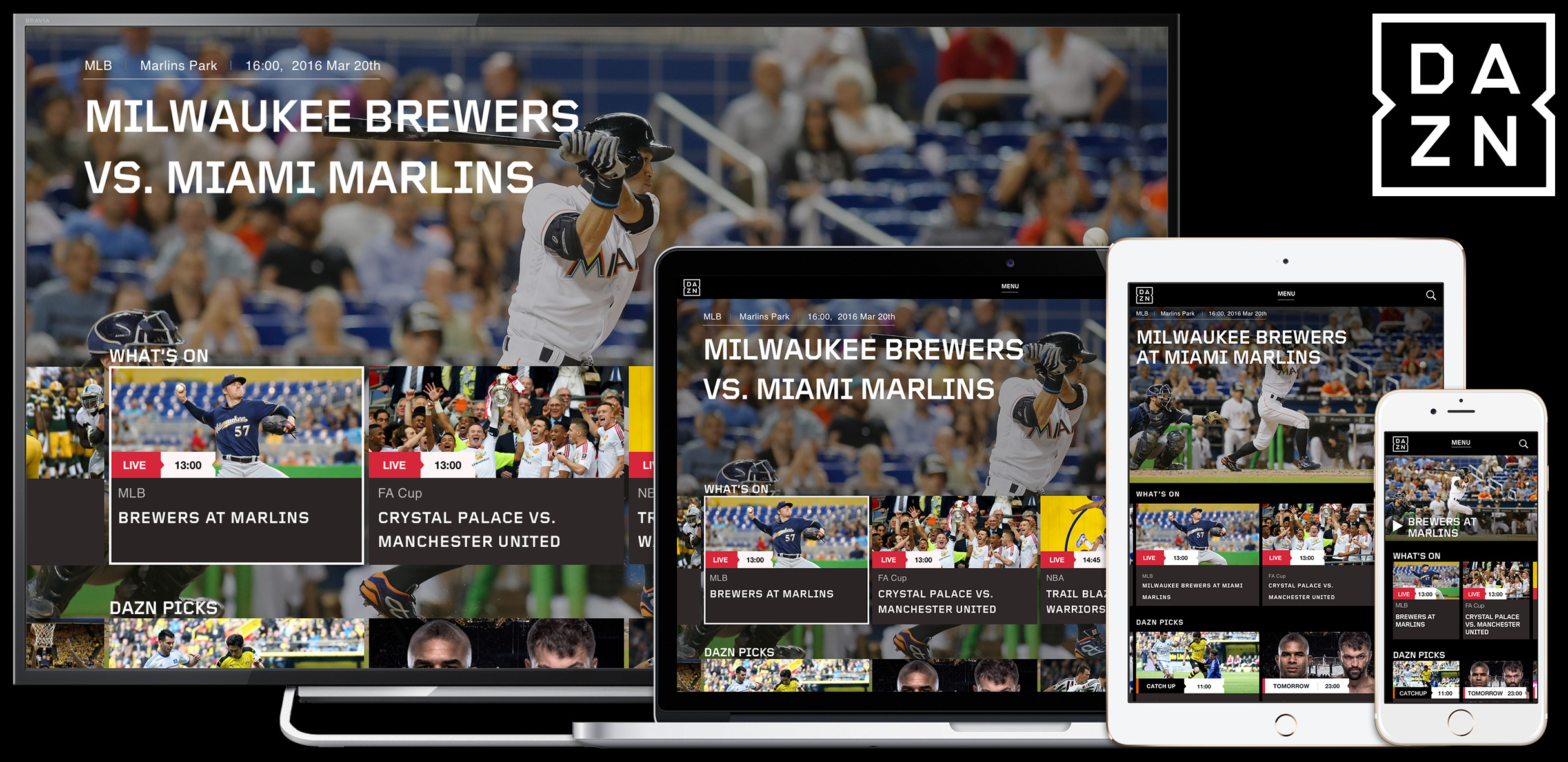
What content is most popular with the current subscribers?
As I mentioned we don’t want to discuss exact figures, but we’re not surprised by what we’re currently seeing. In Germany we have a big European football proposition, which is proving extremely popular, while in Japan Bundesliga, F1 and baseball are among the most popular events.
Sports rights are becoming ever more expensive and this turns into the most competitive licensing market. How do you plan to challenge the more established rivals? Will a subscription-based operating model be enough in terms of revenue?
We see DAZN as both complimenting and an alternative to existing broadcasters. Our business model is built so it’s affordable for fans to watch sport on DAZN, but also to watch other sports on other broadcast channels if they’d like to as well. One of the main benefits of our operating model is that we are unencumbered by the traditional legacies that make broadcasting so expensive. For example, we don’t need cable and infrastructure to transmit it. We have a range of devices in home already and we have fast broadband connectivity - that’s all you need!
How concerned are you about the impact of piracy on the digital business and sports distribution rights?
Piracy isn’t something new; it has been around for a long time. It is something we are very aware of and have a number of security measures in place to tackle it.
Do you think that live streaming on all devices is the future of sports?
Yes. The nature of the sporting calendar doesn’t fit with the structure of linear TV channels, meaning they cannot show all games and all matches from all sports around the world. Quite simply linear TV cannot deliver on fan’s passion points. OTT can. And it can do so in a more compelling, interactive and personal way.
What comes next for DAZN?
We’re always looking to explore new opportunities. But at the moment our main focus is on the markets we have currently launched in and working to develop the product further in these markets.
What is the long-term strategy of Perform Group? Do you plan any acquisitions?
We are continuing to grow our existing business divisions, alongside DAZN, which includes looking at all opportunities that might come along.














